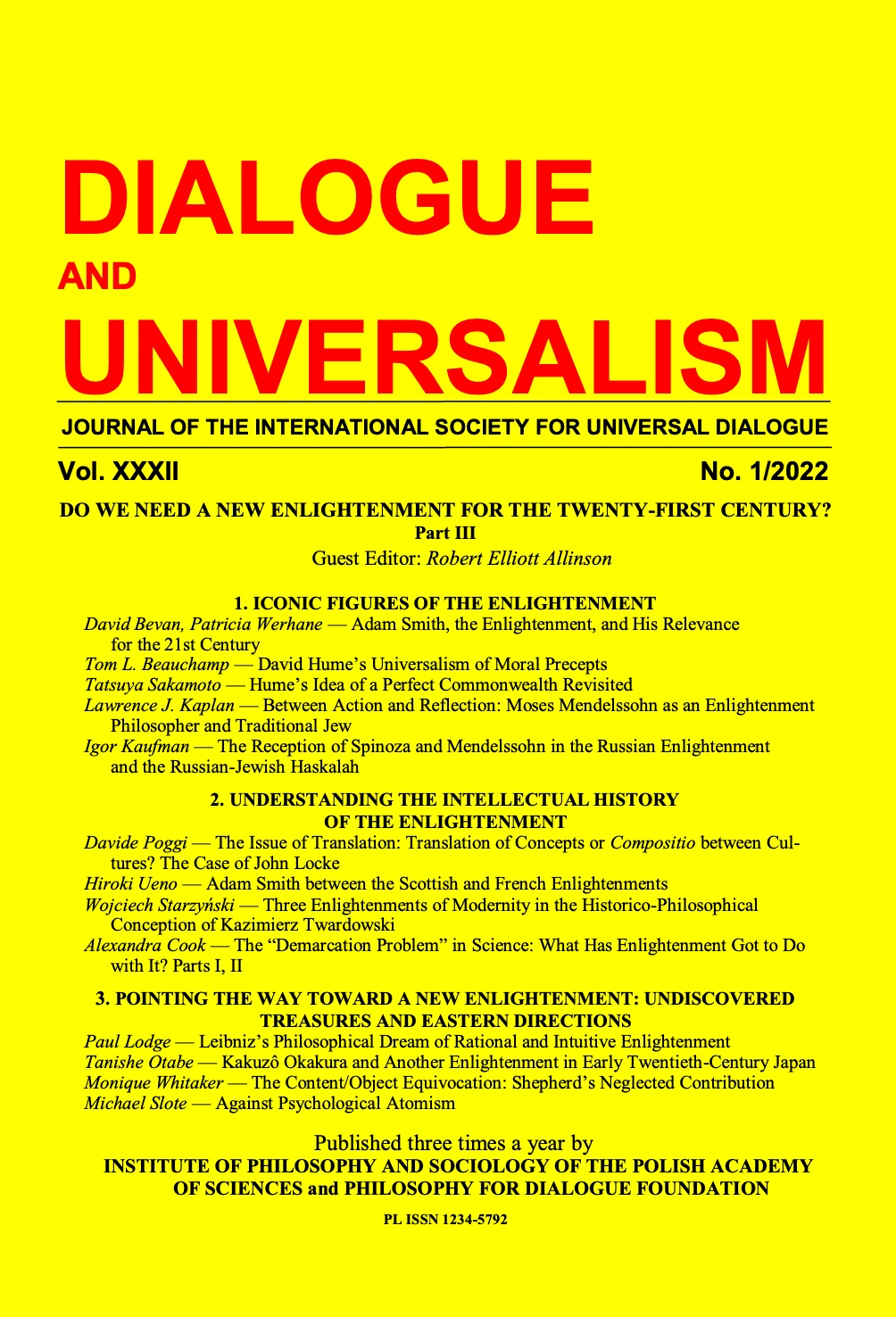CONTEMPORARY MIGRATION AS A REPERCUSSION OF ECONOMIC GLOBALIZATION AND DEMOCRATIC PROCESSES, WITH REFERENCE TO SERBIA AND THE BALKANS
CONTEMPORARY MIGRATION AS A REPERCUSSION OF ECONOMIC GLOBALIZATION AND DEMOCRATIC PROCESSES, WITH REFERENCE TO SERBIA AND THE BALKANS
Author(s): Anastazija Tanja ĐelićSubject(s): Philosophy, Political Philosophy, Social Philosophy
Published by: Instytut Filozofii i Socjologii Polskiej Akademii Nauk i Fundacja Filozofia na Rzecz Dialogu
Keywords: contemporary migration; economic globalization; democratic processes; national interests; society; conflict; Balkan
Summary/Abstract: The central problem in the present globalization and democratic processes is the constant increase of socio-economic inequalities. This involves modern migrations with overall risks. As a social phenomenon, migration has been presented since ancient times. It occurs in all societies and due to historical, social and cultural differences, the reaction of individuals and communities to migration can be very different. In the contemporary society that emphasizes mobility and information flow, migrations have become an integral part of life and society. Moreover, their scope and patterns become more and more complex. Given the recent increase in irregular migration to Europe, there is growing interest in developing new ways to collect and analyse data on irregular migration. Migration is today more than ever at the centre of global attention. The main goal of internationational organizations in this field is to harness the development potential of migration for individual migrants and societies. The Balkans region has witnessed a sharp increase in the numbers of mixed migration flows arriving in or transiting through its territory, along the so-called Balkan route. My country, i.e. Serbia, is facing a series of political, economic, social and cultural challenges, which this paper examines, explaining why the state still has a high emigration and low immigration potential, as well as to what extent the return to Serbia today is a complex option. In addition to the high numbers, the mixed composition of these flows adds complexity to the task of addressing them effectively and in line with international commitments and standards. This study focuses on the relations between international organizations, migrations and national interests of countries. The author determines that migrations are, to some extent, a challenge for the Balkan region, not only in terms of an increased danger of extremism, but also because of the possible outbreak of regional conflicts.
Journal: Dialogue and Universalism
- Issue Year: 2022
- Issue No: 3
- Page Range: 235-261
- Page Count: 27
- Language: English

